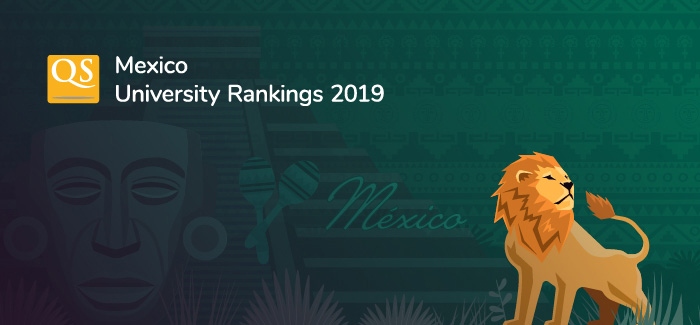This ranking has been developed in association with
The QS University Rankings: Arab Region, initiated in a pilot edition last year, has now been extended to form a complete ranking of the region’s top 100 universities.
While three provisional rankings for the region were published last year, including the QS pilot, this is the first full and confirmed ranking of universities in the Arab world.
Saudi Arabia’s King Fahd University of Petroleum & Minerals takes the top spot, with King Saud University placing third, and Lebanon’s American University of Beirut coming second.
Of the 21 Arab countries eligible for inclusion, 15 are featured in the top 100. Saudi Arabia has the biggest presence overall, with 19 representatives, followed by Egypt (15), the United Arab Emirates (13), Lebanon (11), Iraq (10) and Jordan (9).
Top 10 Universities in the Arab Region 2015Based on the QS University Rankings: Arab Region 2015 | ||
1 | Saudi Arabia | |
2 | Lebanon | |
3 | Saudi Arabia | |
4 | Saudi Arabia | |
5 | Egypt | |
6 | United Arab Emirates | |
7 | United Arab Emirates | |
8 | Jordan | |
9 | Egypt | |
10 | Jordan | |
The ranking’s methodology draws on nine performance indicators: academic reputation, employer reputation, faculty/student ratio, research papers per faculty member, citations per paper, web impact, proportion of staff with a PhD, and proportions of international faculty and students.
Universities in the 21 countries which are members of the Arab League were considered for inclusion. Just under 260 institutions were evaluated, of which 194 had enough available data to be ranked. The top 100 of these are featured in the published results.
While the top 10 remains relatively unchanged since last year’s pilot edition, there is greater movement further down the table. Qatar University has climbed from 16th to 11th, while Oman’s Sultan Qaboos University and Saudi Arabia’s King Khalid University also gain five places each, now placing 16th and 17th respectively.
The ranking highlights both well-established and fast-emerging institutions across the region. Almost half of those within the top 20 are classified as ‘extremely large’, some with as many as 200,000 students. An impressive nine universities featured in the ranking are less than 10 years old, with a further 27 classified as ‘young’ institutions. The highest-ranked of these is the American University of Sharjah, in seventh place, established only in 1997.
For expert commentary on the ranking, the supplementary report is available to read online. Join the conversation on Twitter with #QSWUR.



